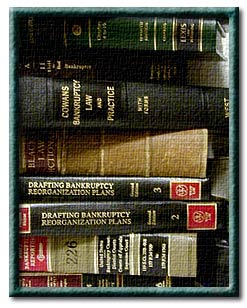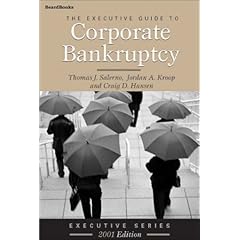
By Kaitlin Lanier
On a personal level, bankruptcy has become a very popular option when debt accumulates. According to the American Bankruptcy Institute, more than 2 million personal bankruptcies, those filed by individuals rather than businesses, were filed in 2003, which is a record number. In fact, since the early 1990s, the number of personal bankruptcies filed has increased at an average of 20 percent per year. However, despite its popularity, bankruptcy should be the last alternative to resolving credit management difficulties. As expected, there are many disadvantages to filing bankruptcy:
- Ruined Credit History: A bankruptcy will appear on your credit record for ten years and may affect your ability to obtain a home mortgage or other credit in the future. This long-lasting impact may outweigh the benefits of debt reduction accomplished through the bankruptcy proceedings.
- Costs: Despite the fact that you are filing for bankruptcy, there are still certain costs that are associated the proceedings. Court costs, attorney’s fees, and trustee’s fees all need to be considered.
- Property repossession: Declaring bankruptcy can result in losing valuable assets or equivalent cash value. You may need to part with your most prized possessions. Also, since you can expect all your bank accounts and credit cards to be closed when you file for bankruptcy, anything you are leasing, such as a car, will be return to its owner.
- Stained social status/hampered life: On a more personal note, declaring bankruptcy can definitely spoil your social status. Also, those who decided to declare bankruptcy may find it extremely difficult to buy or rent a home, acquire insurance, or buy or lease a car. This can lead to a lot of problems, especially not having a safe and secure lifestyle.
Sources:
Personal Finance: Skills for Life by Vickie Bajtelsmit
Avoid Bankruptcy—Myths, Reality, and Alternatives by Debt Consolidation Care
Avoiding Bankruptcy by Jonathan D. Pond


























